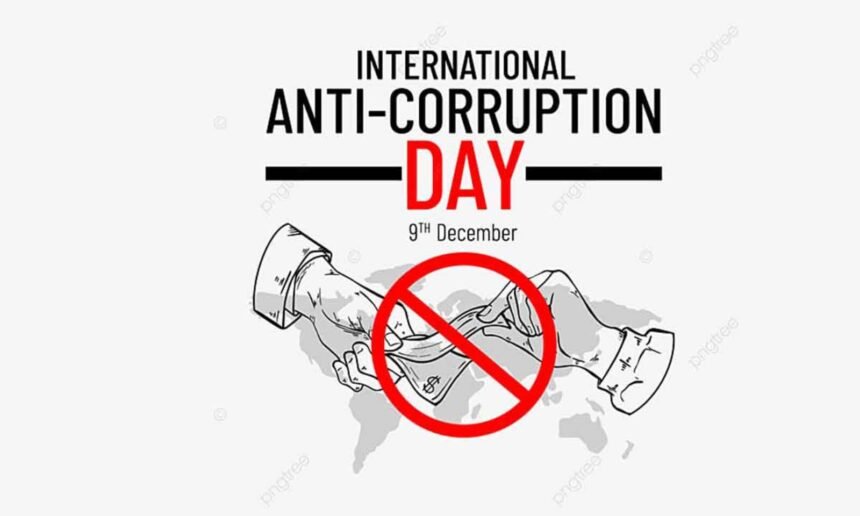Every year on December 9th, the world comes together to observe International Anti-Corruption Day, a day dedicated to raising awareness about the detrimental effects of corruption and promoting efforts to combat this global issue. As we mark Anti-Corruption Day in 2023, it is crucial to reflect on the history and significance of this observance.
International Anti-Corruption Day was established by the United Nations General Assembly in 2003, with the adoption of the United Nations Convention against Corruption (UNCAC). The UNCAC, the first global legally binding international anti-corruption instrument, aims to promote and strengthen measures to prevent and combat corruption. By designating December 9th as Anti-Corruption Day, the international community sought to emphasize the importance of tackling corruption as a key component in achieving sustainable development and fostering transparent governance.
Significance of Anti-Corruption Day:
Raising Awareness: International Anti-Corruption Day serves as a platform to increase public awareness about the negative impact of corruption on societies, economies, and individuals. It highlights the need for collective action to address this pervasive problem.
Promoting Accountability: The day encourages governments, businesses, and citizens to take stock of their efforts in preventing corruption. It underscores the importance of holding individuals and institutions accountable for their actions and fostering a culture of transparency.
Global Collaboration: Anti-Corruption Day provides an opportunity for nations worldwide to come together in the fight against corruption. By sharing experiences, best practices, and strategies, countries can strengthen their collective resolve to combat corruption on a global scale.
Empowering Citizens: Through educational initiatives and awareness campaigns, Anti-Corruption Day empowers citizens with knowledge about corruption’s corrosive effects. Informed and engaged citizens are essential in demanding accountability from leaders and institutions.
Highlighting Progress: The day also serves as a time to showcase successful anti-corruption initiatives and celebrate progress made in the fight against corruption. Recognizing and sharing success stories can inspire further action and motivate stakeholders to continue their efforts.
While progress has been made in the global fight against corruption, significant challenges persist. Corruption continues to undermine the rule of law, hinder economic development, and erode public trust in institutions. Efforts to address corruption must be sustained and adaptive to effectively counter evolving methods of corrupt practices.
As we commemorate International Anti-Corruption Day in 2023, it is crucial for governments, businesses, civil society, and individuals to renew their commitment to combatting corruption. Only through collective action and a steadfast dedication to transparency and accountability can we hope to create a world where corruption is not only condemned but eradicated.







